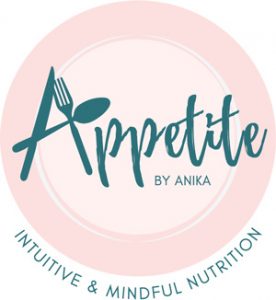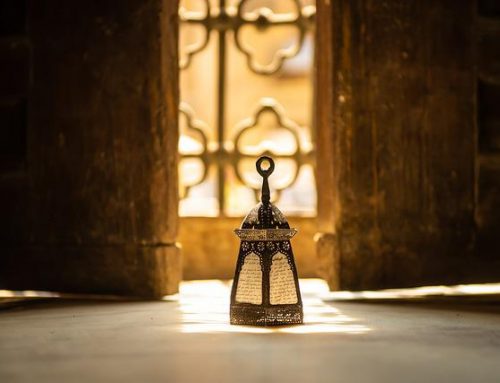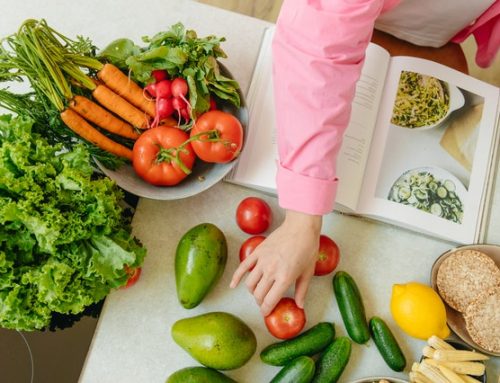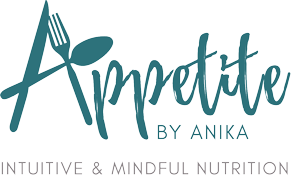1.Hydration is a must
While you are fasting, your body will experience mild dehydration so it is important to replenish your body with plenty of fluids after breaking your fast. If you are struggling to drink enough, you could try having fluids in other forms such as in smoothies, shakes, infused water or herbal teas. Soup is another great choice but make sure to go low on the salt (salt stimulates thirst).
2. Wake up for suhoor
It certainly is no easy task to wake up before dawn but it will help you cope better with the fast. Suhoor is highly recommended as it will help you fuel your body for the day (you wouldn’t get in a racing a car without petrol; same concept goes with fasting). To make things easier, prepare your meal before you go to sleep. Include sources of protein (such as eggs, lentils, yoghurt, nuts fish, chicken and lean meat) and have carbohydrates that are wholegrain or low GI (such as basmati rice, oats, wholegrain bread or flatbread). These will keep you fuller for longer as they are digested slowly.

3. Incorporate fruit and veggies in your meals
These foods typically require a lot of chewing so it’ll help you eat slowly. This is particularly important at iftar as you may be tempted to overeat and overfill your plates because you haven’t eaten all day! If you are living in summer countries, opt for fruits that have greater water content such as watermelon or strawberries.


4. Stay fairly active
It is likely that your workout habits would be affected as it is difficult to exercise in the hours you are fasting. If you are struggling to keep up with your usual routine, it is completely okay to take a break from doing intense workouts. As an alternative, you could switch to lighter activities such as some brisk walking or yoga.
5. Enjoy small indulgences of your choice
You don’t have to completely abandon the foods that you love. It is okay to incorporate some sweet treats and fried items (the latter is particularly common in South Asian cultures). The key is to consume in moderation or making a healthier alternative, if possible.
Final tip: if you are feeling extra peckish even after eating large quantities of food, ask yourself if you have drunk enough water. We often tend to mistake thirst for hunger because some of the symptoms of mild dehydration (i.e. headache, fatigue, light-headedness and difficulty concentrating) can resemble symptoms of hunger!






